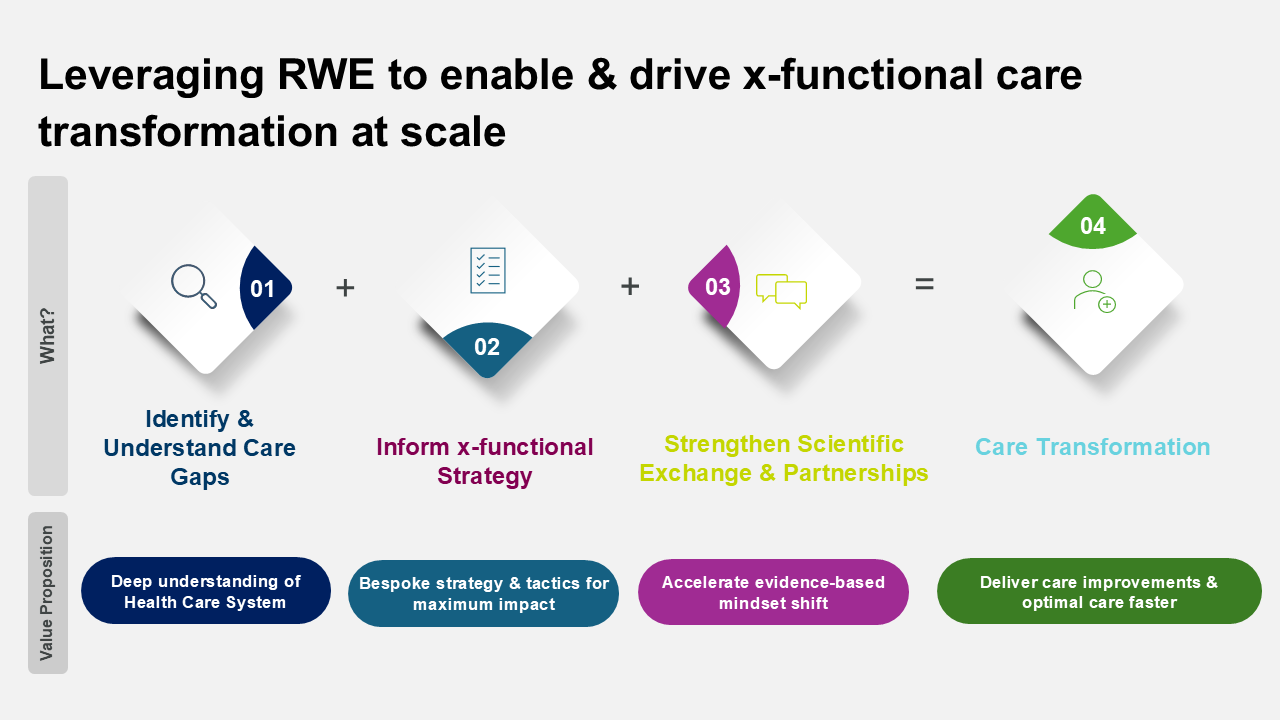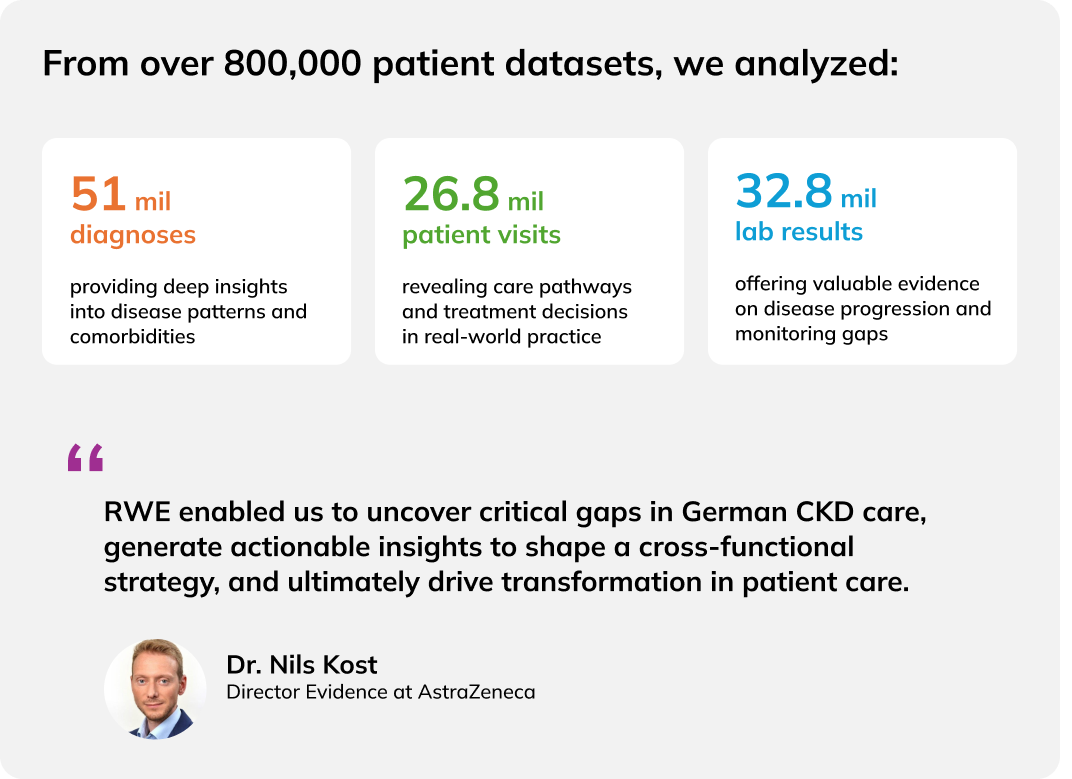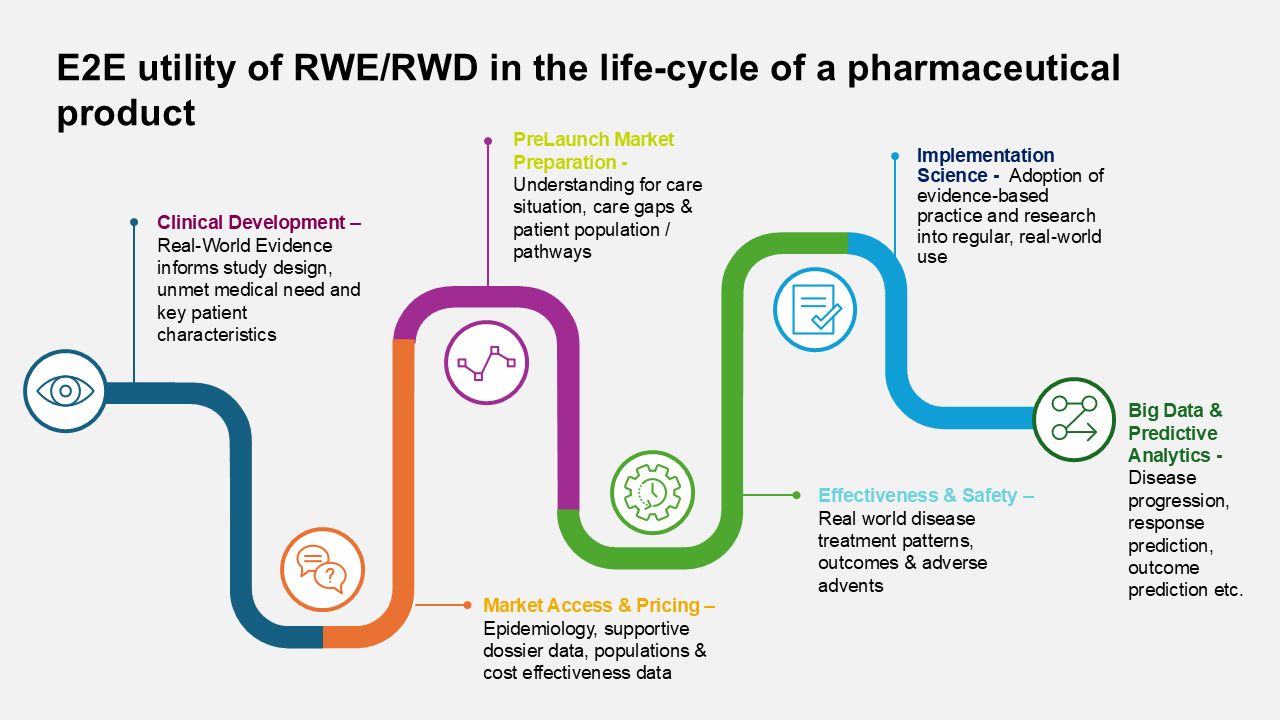InspeCKD Study: Leveraging RWE to Optimize Care and Patient Outcomes
Created: 09.26.2025
Situation
The InspeCKD study, conducted by Alcedis in collaboration with AstraZeneca and CGM, set out to evaluate the status of CKD-specific laboratory diagnostics in German primary care. Chronic Kidney Disease (CKD) is highly prevalent, affecting around 2 million people in Germany. Yet, early diagnosis remains limited, especially among patients with hypertension, diabetes mellitus, and cardiovascular disease, who are at particularly high risk. Too often, CKD is overlooked, misattributed to diabetes, or remains undetected altogether.
Challenges
The central challenge lies in the insufficient early diagnosis of CKD in high-risk patients, despite well-defined guidelines recommending regular screening and monitoring. AstraZeneca’s hypothesis suggests that the issue is not only a lack of awareness among patients but also an educational gap among physicians, leading to underutilization of guideline-recommended testing. As a result, many patients remain undiagnosed, with CKD concealed until it reaches more advanced stages.
From a data perspective, analyzing real-world data (RWD) across thousands of general practitioner practices required advanced capabilities. The project involved handling anonymized electronic patient records at scale, ensuring robust data extraction, processing, and interpretation.

Solution
Alcedis, in collaboration with CGM’s intermedix and supported by advanced AI-driven analytics, conducted a retrospective cross-sectional study based on anonymized electronic health records. The study accessed more than 800,000 eligible patient datasets with risk factors for developing CKD, drawn from over 1,200 general practices and covering approximately 450,000 patients. Data sources included CGM MEDISTAR, CGM ALBIS, CGM M1 PRO, and CGM TURBOMED, ensuring comprehensive coverage of primary care settings in Germany.
By analyzing RWD, Alcedis gained a clear picture of the status quo of CKD in German primary care—spanning screening practices, medication use, and diagnostic gaps. The study revealed that:
- During an average observation period of 1.7 years, only 45.5% of at-risk patients underwent at least one serum creatinine test.
- Just 7.9% had a urine dipstick test for albuminuria.
- A mere 0.4% received a urine albumin-to-creatinine ratio (UACR) test.

Results
The InspeCKD study uncovered a significant gap in the early detection and diagnosis of CKD in German primary care. Despite the clear presence of risk factors, guideline-recommended diagnostics were consistently underutilized. These findings emphasize the urgent need for improved education and stronger adherence to CKD screening guidelines among physicians.
At the same time, the study demonstrated the value of real-world evidence (RWE) and advanced analytics for uncovering clinical practice patterns. By integrating AI into data processing, Alcedis showcased a scalable and powerful approach for transforming large-scale RWD into actionable insights.

Outlook
The successful execution of the InspeCKD study has laid an important foundation for future collaborations. Building on these results, Alcedis is currently conducting multiple RWE studies, further leveraging RWE to optimize care pathways and improve patient outcomes.
Ultimately, the findings of InspeCKD underscore the importance of intensified educational initiatives and systematic implementation of CKD screening guidelines, critical steps toward ensuring earlier detection and treatment of CKD in high-risk populations.

